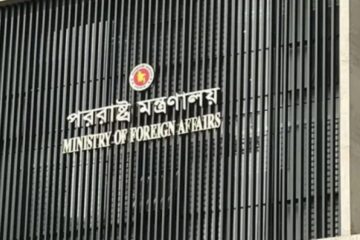As a nation, there is reason for serious concern that for 44 months straight, prices in Bangladesh have been rising faster than people’s income. Moreover, with income and especially wealth inequality continuing to rise in the nation, the ambition of creating a more equitable nation looks to increasingly be a distant dream.
This persistent disparity harshly brings to light a deeply troubling reality for millions of Bangladeshis whose incomes are increasingly insufficient to keep up with the soaring ost of living. Such a prolonged period of negative real income growth is a pressing social and economic crisis and it is time we recognized it as such instead of attempting to paper over the issue.
As usual, it is low-income and working-class families most suffering over the years, who have been compelled to cut back on necessities, including nutritiously adequate food, education, and healthcare. This compromised nutrition and reduced educational investment are a threat to our long-term human capital development and economic prospects — of particular concern to a nation such as ours that is looking at its next generation of leaders to fulfil its potential.
Thus, we must urgently recognize this negative trend as a clarion call for comprehensive policy action. While this starts with having more effective strategies to control inflation, we must also do more for fair wage growth. It is critical for policymakers, business leaders, and civil society in Bangladesh to collectively wake up to this enduring crisis.
While our leaders and potential future leaders speak of taking Bangladesh to the next stage of its development journey, these words ring hollow when millions of Bangladeshis continue to be worse off year after year. Ignoring these realities will only undermine decades of development gains along with deepening poverty and inequality.



